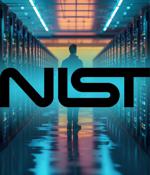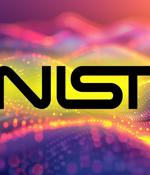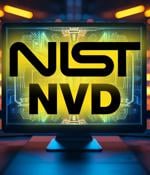Security News

NIST has introduced a new way to estimate which software vulnerabilities have likely been exploited, and it’s calling on the cybersecurity community to help improve and validate the method. The...

Introduction As the cybersecurity landscape evolves, service providers play an increasingly vital role in safeguarding sensitive data and maintaining compliance with industry regulations. The...

Here’s an overview of some of last week’s most interesting news, articles, interviews and videos: NIST selects HQC as backup algorithm for post-quantum encryption Last year, NIST standardized a...

Last year, NIST standardized a set of encryption algorithms that can keep data secure from a cyberattack by a future quantum computer. Now, NIST has selected a backup algorithm that can provide a...

Updated NIST guidelines reject outdated password security practices in favor of more effective protections. Learn from Specops Software about 6 takeaways from NIST's new guidance that help create...

NIST’s latest report, “Hardware Security Failure Scenarios: Potential Hardware Weaknesses” (NIST IR 8517), explores the hidden vulnerabilities in computer hardware, a domain often considered more...

The National Institute of Standards and Technology (NIST) is clearing the backlog of unprocessed CVE-numbered vulnerabilities in the National Vulnerability Database (NVD), but has admitted that...

Logjam 'hurting infosec processes world over' one expert tells us as US body blows its own Sept deadline NIST has made some progress clearing its backlog of security vulnerability reports to...

NIST’s second draft of its “SP 800-63-4“—its digital identify guidelines—finally contains some really good rules about passwords: The following requirements apply to passwords: lVerifiers and CSPs...

Google announced updates in the post-quantum cryptographic key encapsulation mechanism used in the Chrome browser, specifically, the swap of Kyber used in hybrid key exchanges with Module Lattice...